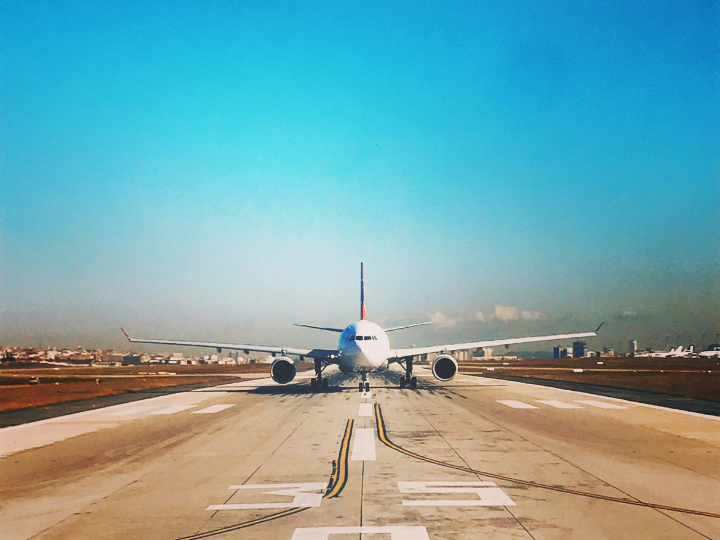The promotion of geographical indications (GI) has helped EU products attract new emerging markets which seek quality food. However, Europol warns that fake GI products are on the rise across the EU and policymakers should not disregard the protection of intellectual rights

“The value of falsely labelled geographical indication infringing (GII) products in the EU remains high, with the main producers of the original products, such as Germany, Spain, France, Italy and Greece, being the most affected by counterfeit labelled comestibles,” Europol noted, adding that the products most affected were wine, spirits, cheese, meat, fruit, vegetables and cereals. China is the leading producer of counterfeit products while Turkey is also considered an important hub.
by
Sarantis Michalopoulos
A number of factors ranging from the Russian embargo to price volatility has put enormous pressure on already struggling EU agricultural markets. The Russian ban cost many European farmers their main export market overnight, worth €5.5bn.
The European Commission has managed to open new export outlets and EU agri-food exports have since increased. According to the latest Eurostat data, the annual value of EU agri-food exports in 2016 reached a new record level of €130.7bn.
The US and China are the bloc’s main trading partners, but new Asian markets have emerged, such as Japan, Vietnam, and Korea. In 2017, remarkable gains were also recorded in Philippines, Singapore and Indonesia.
However, EU farmers believe that this has not yet translated into more money in their pockets.
“I think once we get into new markets we have to ensure that some of those gains also come back to farmers,” Pekka Pesonen, the secretary-general of the EU farmers’ association Copa-Cogeca, told EURACTIV.
Quality schemes and trade deals
Southern European exports such as olive oil, wine and fresh vegetables have been popular in third countries because of their especially high quality. Marc Vanheukelen, the European Union’s ambassador to the World Trade Organisation (WTO), said last year that the demand of emerging markets is growing “due to the increase of the population and in particular of the middle class, whose eating habits are changing”.
He stressed that consumers have increasing expectations regarding the quality, safety and nutritional value of the products they eat and “Europe is well placed to meet this demand”.
The EU has focused a lot on the quality of the food produced in its territory and has created geographical indications to help protect and promote products with unique characteristics.
France, Italy, Portugal, Spain and Greece top the list for food products registered under EU quality schemes. Their “protected” products range from fresh meat and fruits and vegetables to oils and cheese.
EU quality schemes concern foodstuffs, wine, spirits and aromatised wine, as well as organic products. Currently, 1,402 food products have been registered with geographical indications (GIs), while the EU’s exports of products protected by geographical indications are worth an estimated €11.5bn. GIs are also an integral part of the trade deals between the EU and third countries.
The EU recently signed a political agreement with Japan to accelerate a trade deal by the end of the year. Agriculture Commissioner Phil Hogan stressed that the EU negotiators managed to protect more than 200 geographical indications.
“As European standards in food quality and safety are the highest in the world we were able to achieve full protection for our high-value EU geographical indication products as well as full or improved market access for numerous key sectors,” the Commissioner said.
France hit by counterfeit products
However, fake GI products have raised eyebrows in Brussels. According to the European Union Intellectual Property Office (EUIPO), 9% of all GI products on the EU market were counterfeited in 2014. This figure represents €4.3bn and has raised the alarm in several EU member states.
France was among the countries most severely hit by this phenomenon, mainly because wine has the highest premium among protected product classes. The counterfeit market value in France reached €1.6bn, followed by Italy (€682m), Germany (€598m), Spain (€266m) and Greece (€235m).
Another report on counterfeiting conducted last month (23 June) by EU law enforcement agency Europol warned that the situation was deteriorating. Particularly, it said that the misuse and counterfeiting of certification labels continued to be a “major issue” for EU producers.
“The value of falsely labelled geographical indication infringing (GII) products in the EU remains high, with the main producers of the original products, such as Germany, Spain, France, Italy and Greece, being the most affected by counterfeit labelled comestibles,” Europol noted, adding that the products most affected were wine, spirits, cheese, meat, fruit, vegetables and cereals. China is the leading producer of counterfeit products while Turkey is also considered an important hub.
Europol also expressed its concerns about the attention paid to intellectual property rights (IPR), claiming that focus on other areas of criminality and terrorism has resulted in a drop in IPR crime as an enforcement priority.
“Nevertheless, IPR crime continues to be one of the most lucrative criminal enterprises, and this report has shown how it is frequently closely linked to other serious crimes,” the report noted.
*First published in EurActiv.com



 By: N. Peter Kramer
By: N. Peter Kramer

